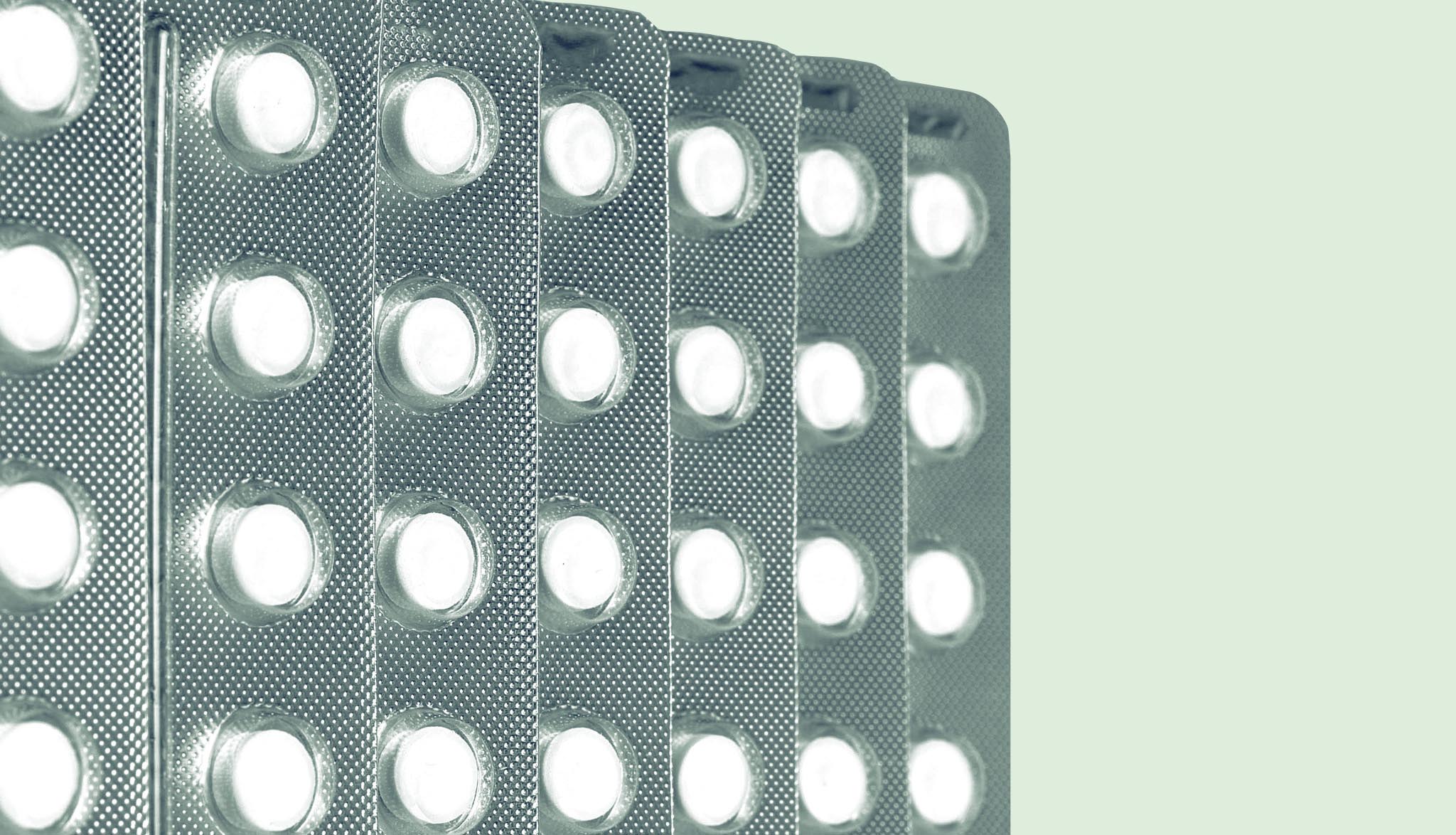In the global patent litigation between Dexcom and the Abott group about glucose-monitoring mobile devices, Dexcom was defeated in its first patent infringement action to be heard at the UPC, where the Paris Local Division (LD) revoked Dexcom’s patent (EP 3 435 866) for lack of inventive step and dismissed the auxiliary requests.
While commentators have pointed out that the Paris and Munich Local Divisions therefore took opposing directions in their first-ever judgments on the merits, it may not be so surprising that the Paris LD ended up revoking a patent which:
- as far as its German designation is concerned, was already facing a negative preliminary opinion from the German Federal Patent Court, looking serious enough for the Mannheim Regional Court to decide – quite unusually so – to stay the parallel national action for infringement;
- as far as its UK designation is concerned, had already been revoked by a consent order of the English national court.
The European patent was revoked by the Paris LD for the whole territory of the UPC (i.e. in the 17 countries having ratified the UPCA), including Germany, which is the primary takeaway of this decision for patent litigation observers. The parties indeed disagreed on the jurisdiction of the UPC over the counterclaim for revocation pending a nullity action before the German Federal Patent Court: should a revocation request be limited by the territorial scope of the infringement action (as Dexcom requested an injunction for the entire territory of the UPC except in Germany for three of the defendants, considering that the Mannheim Regional Court was already seized of infringement allegations of the same patent by those same three defendants) or can it extend to a designation of the European patent which is already being litigated before national courts?
The Paris LD found that the scope of a revocation request can go beyond the infringement claim and include in this case Germany, dismissing Dexcom's jurisdictional objection on two grounds:
- first, no UPC procedural rule limits its jurisdiction over a counterclaim for revocation as it may exist in e.g. FR law (which requires to show a sufficient connection – or kind of reciprocity – between the scope of the main claim and the scope of a counterclaim for the latter to be admissible): in particular, the carve-out option accommodated by Art. 83 UPCA (according to which an action for infringement or revocation may still be brought before national courts during the transitional period and which led Dexcom to leave Germany out of its infringement claim before the UPC) should not be construed as implying a restriction to the defendants’ possibility to challenge in reply the validity of the European patent as a whole;
- second, the Court applied the principle of a fair trial, raised by Abbott, to consider that defendants who are sued for infringement in all UPC states should be allowed to defend themselves by way of a counterclaim for revocation similarly covering all those territories and shall not be restricted by the actions pending in Germany against other defendants (even though some of those defendants are parties to both proceedings).
The next question to decide was then whether the Paris LD should have suspended its verdict until the decision of the German courts, as per the applicable principles set out in the Brussels I bis Regulation (on the jurisdiction of the courts of EU Member States in civil and commercial matters): it is noteworthy that in ruling so the Paris LD adopted an opposite view to that of the Central Division (Paris seat) which, in its order of May 2, 2024 in the Nokia v Mala case decided against the applicability of Art. 29-32 Brussels I bis Reg. to a similar situation where revocation proceedings had been commenced in Germany prior to the entry into force of the UPC (ORD_13023/2024, ACT_595045/2024, appeal pending APL_26889/2024 UPC_CoA_227/2024).
Yet, in applying the Brussels I bis Reg. provisions (and Art. 30.2 in particular), the Paris LD still reached the same practical conclusion as the Central Division, namely that it was not appropriate to suspend its verdict on the validity on the German portion of the European patent at issue even though a decision by the Bundespatentgericht was awaited, based on the following reasoning prioritizing the quick settlement of legal disputes:
- the Brussels I bis Reg. (Art. 29) imposes to stay proceedings until the jurisdiction of the court first seized is established only in case of lis pendens (which supposes an identity of the causes of action and parties), which the court considered was not the case here (albeit disputed by Dexcom) since the UPC action involved additional territories and defendants;
- in case of related actions (which was undisputably the case), declining jurisdiction or staying proceedings is a mere option at the discretion of the court seized second: in reaching its decision, the Court did not dwell on the risk of irreconcilable judgments but rather emphasized the objectives of efficiency and expeditious decisions recited in the Preamble of the UPCA. Considering that the Bundespatentgericht will not reach a decision of its own before 2025, the Paris LD concluded that declining its jurisdiction or suspending its judgment would go against the proper administration of justice.


